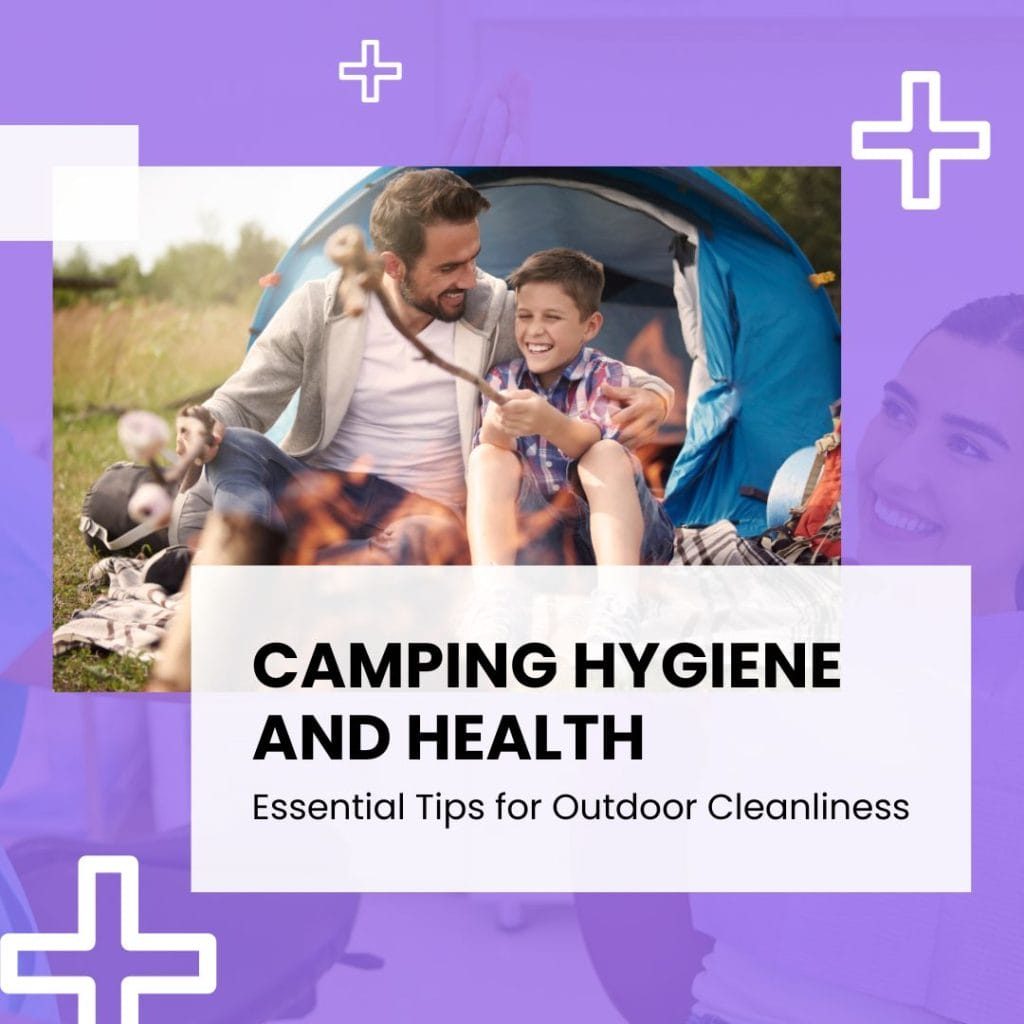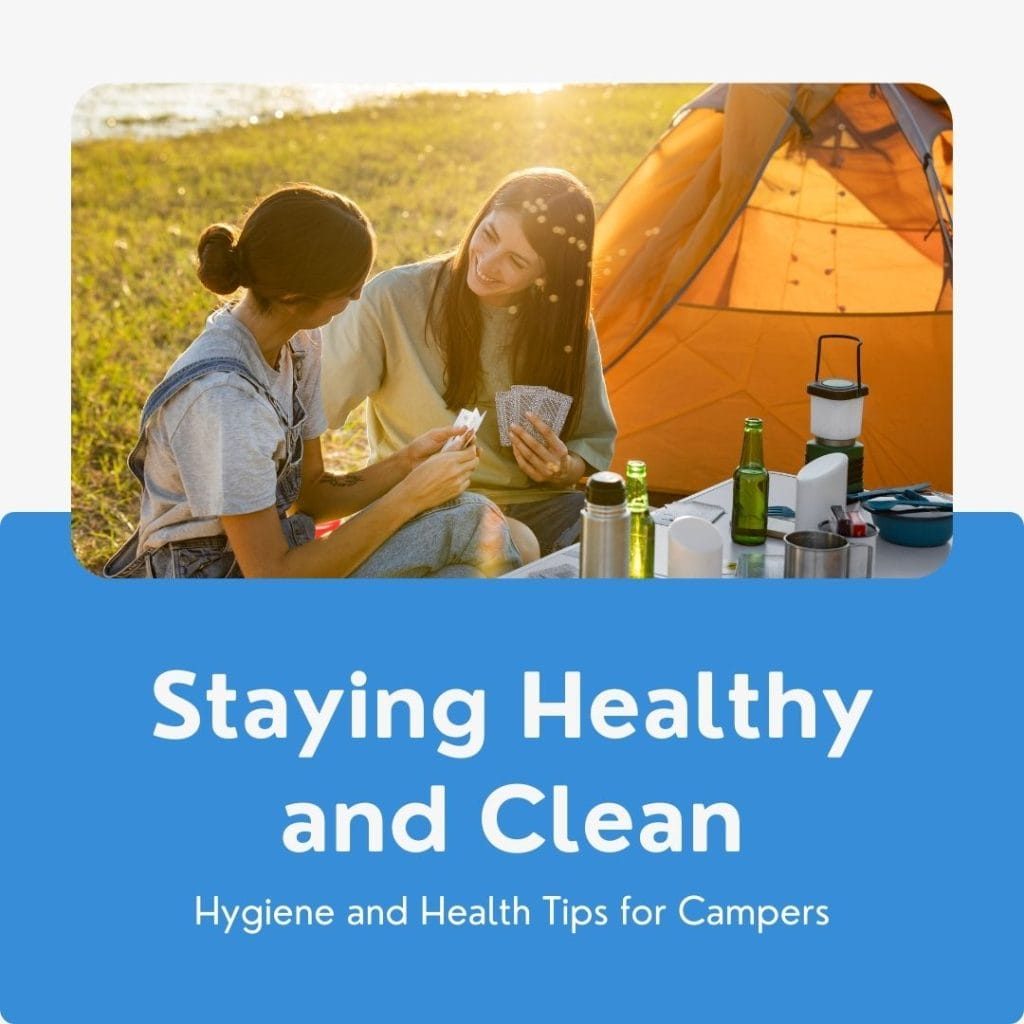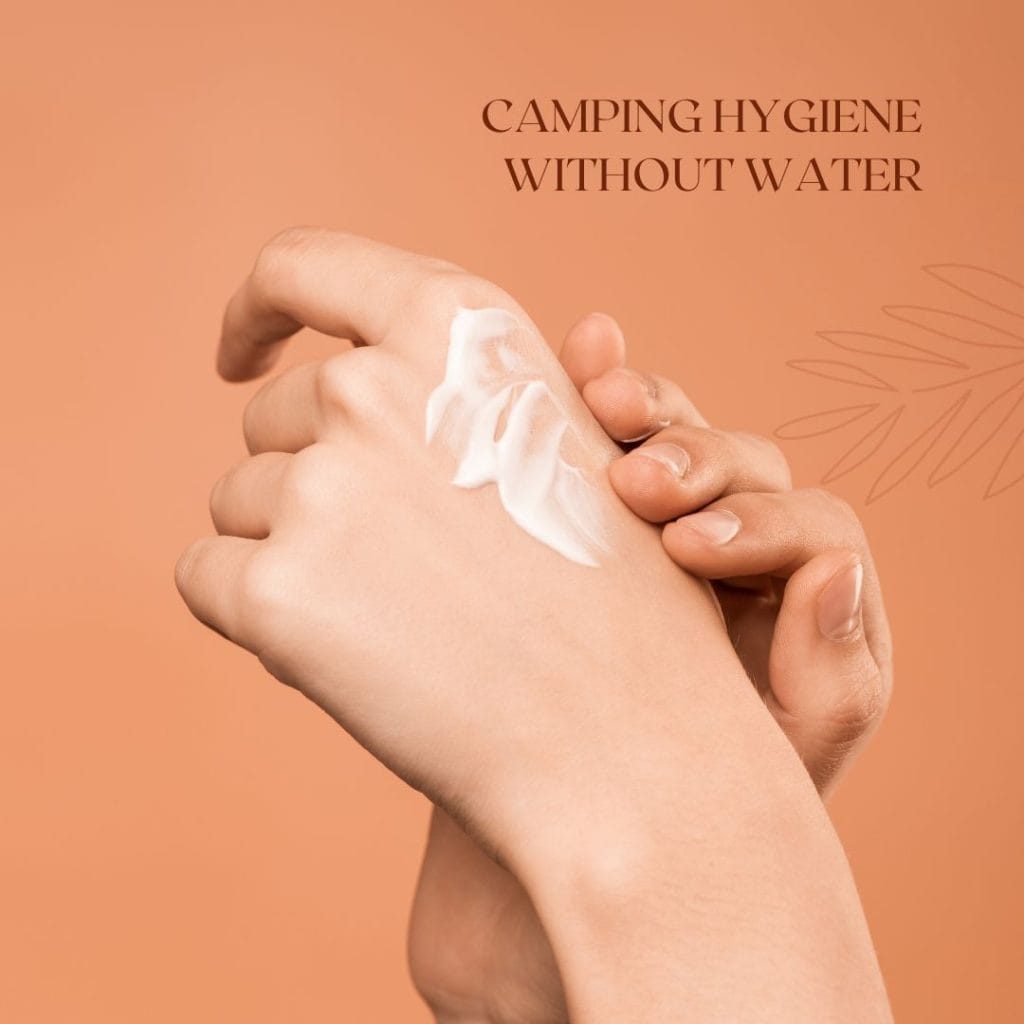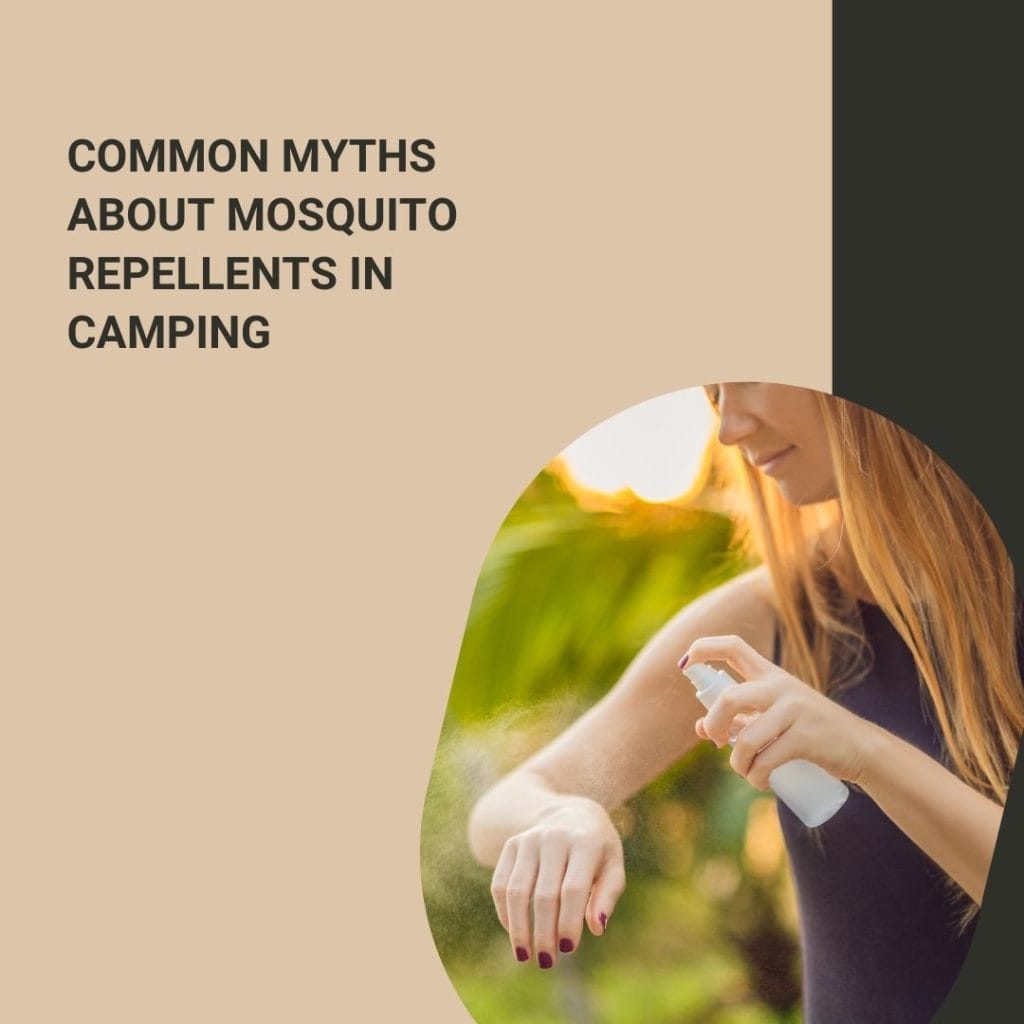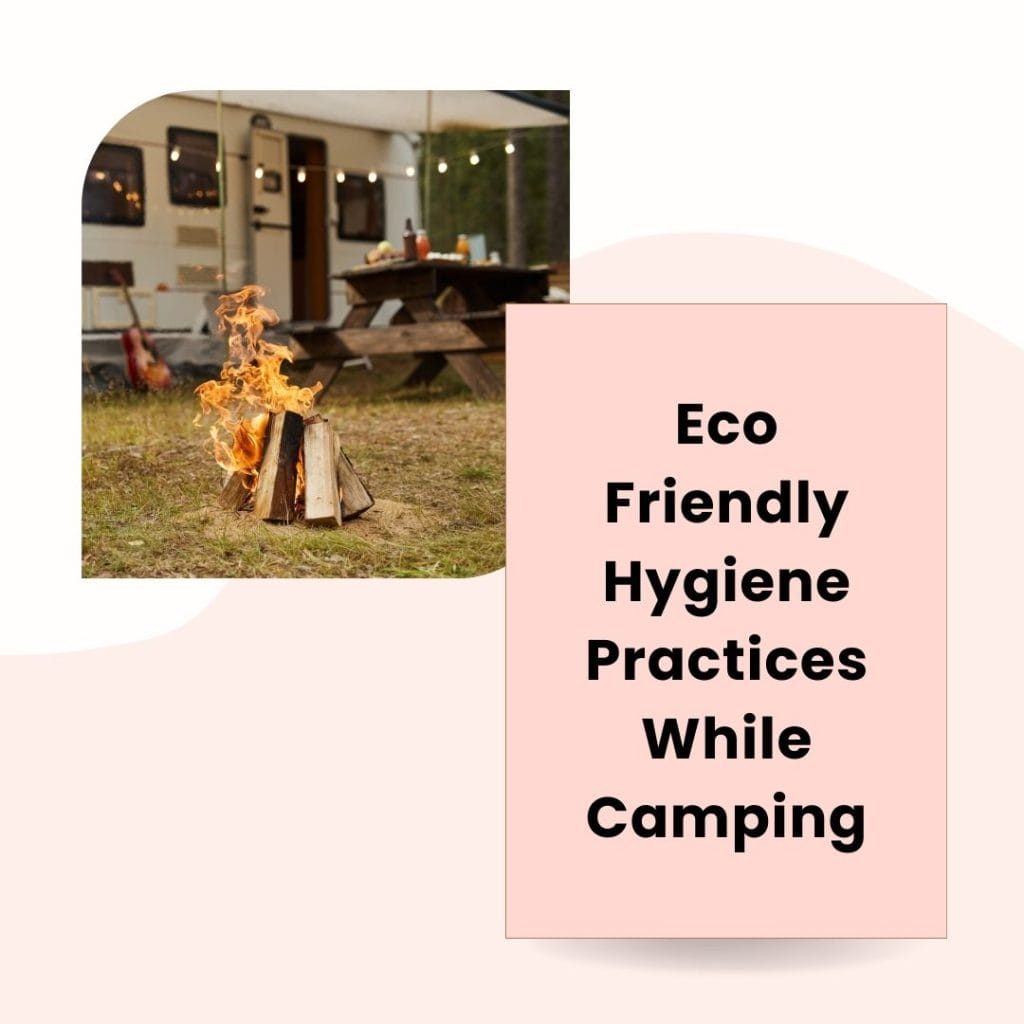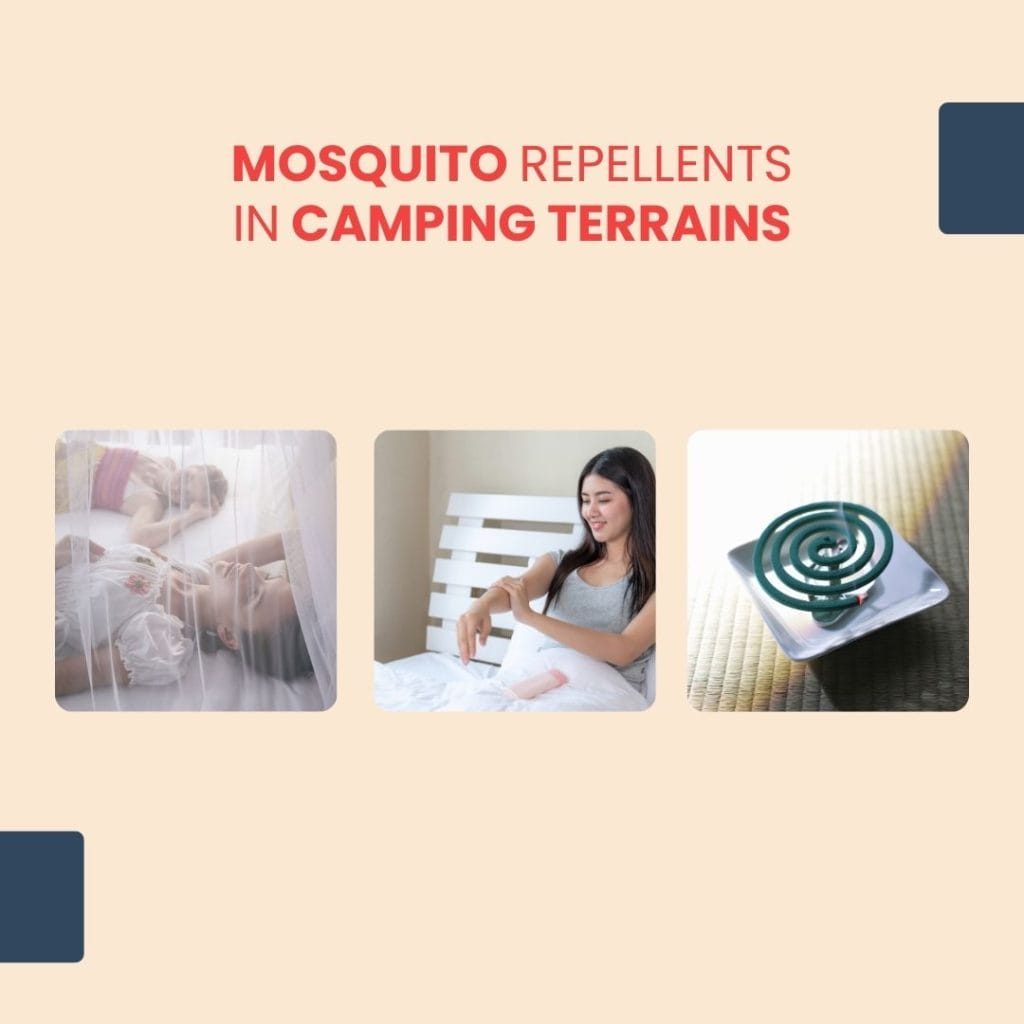Camping presents an opportunity to connect with nature, but it often comes with the annoyance of mosquitoes. One’s choice in mosquito repellent can make a significant difference in comfort and health. This document evaluates the effectiveness of different mosquito repellents, helping campers make an informed choice and truly enjoy their outdoor adventures.
Evaluating the Effectiveness of Different Mosquito Repellents for Camping
Mosquitoes can be a significant nuisance during camping trips, turning fun experiences into uncomfortable ones. Choosing the right mosquito repellent can make all the difference in preventing unpleasant mosquito bites. Repellents come in a variety of forms and ingredients, ranging from natural essential oils to potent chemical concoctions, and are available as lotions or spray aerosols.
Understanding which mosquito repellent is truly effective can be tricky with all the marketing hype out there. In this review, we aim to provide clarity on this topic. We conducted thorough testing of top mosquito repellents in a mosquito-rich woodland environment, aiming to find those that really deliver on their promises. The following sections present our top picks for the most effective mosquito repellents for camping.
How I Tested The Best Mosquito Repellents for Camping
Does It Repel Mosquitoes
This test formed the primary basis for my selection of the best mosquito repellents for camping. The weather conditions this spring were warm and humid, providing an ideal breeding environment for mosquitoes. With an abundant population of these pests on my property, I had the perfect testing ground. For the experiment, I applied each mosquito repellent and ventured into the moist, shaded, and mosquito-ridden parts of my land to gauge the effectiveness of each product in preventing mosquito bites.
Odor
The odor of a mosquito repellent is another key factor to consider. Some might find strong, chemical-like smells unpleasant or even intolerable, especially when applied close to the face. On the other hand, a repellent with a light, pleasant scent can enhance the overall camping experience.
Furthermore, it’s worth noting that certain scents may even attract other insects. Hence, an ideal mosquito repellent should have a neutral or unobtrusive odor. This aspect was evaluated by noting my personal experience and feedback from other testers in our team.
Application
The process of applying the repellent was a crucial aspect in our evaluation. A repellent that’s difficult to apply evenly or leaves a greasy residue can be inconvenient and unpleasant. We tested each product’s application method, whether it was a spray, roll-on, or lotion, and noted the ease of spreading it over exposed skin.
In addition, we also examined the absorption rate and texture post-application. Products that soaked into the skin quickly without leaving a sticky or oily feeling were favored. This instant absorption and non-greasy feature can offer a more comfortable experience, especially for those who sweat or partake in rigorous outdoor activities.
Best Mosquito Repellents for Camping:
1. DEET-Based Repellents: Sawyer Products Premium Insect Repellent
Sawyer Products Premium Insect Repellent emerged as an exceptional DEET-based option in our rigorous evaluation. The repellent’s effectiveness in fending off mosquitoes was particularly impressive. During our woodland testing, we noticed a significant reduction in mosquito bites, demonstrating its potent repellent properties.
The repellent also features a controlled-release formula. This attribute ensures continuous protection for up to 12 hours, a critical factor for enduring, mosquito-free camping experiences. This long-lasting effect means fewer reapplications, allowing more time for camping activities without interruptions for repellent usage.
We did notice an initial odor upon application. However, this scent quickly became unobtrusive, which is a significant positive, considering some repellents can have an overpowering smell. This minimal odor disruption allows for a more enjoyable outdoor experience, free from bothersome mosquito bites and intrusive smells.
2. Natural Repellents: Repel Lemon Eucalyptus Insect Repellent
For those who prefer a more natural approach to mosquito defense, we found Repel Lemon Eucalyptus Insect Repellent to be an effective contender. This repellent stands out due to its plant-based ingredients, specifically using oil of lemon eucalyptus instead of synthetic chemicals. This natural composition makes it an excellent choice for those concerned about potential health and environmental impacts of chemical-based repellents.
During our rigorous testing, although Repel Lemon Eucalyptus Insect Repellent offered slightly less protection time (up to 6 hours), it still performed admirably. Even in our mosquito-rich woodland environment, testers reported fewer bites and a generally comfortable experience.
Lastly, a noteworthy aspect of this product is its refreshing scent. Unlike many repellents that have a strong, chemical smell, this one has a natural, lemony aroma. Not only does it repel mosquitoes effectively, but it also provides a pleasant olfactory experience, thereby enhancing your overall camping experience.
3. Combination Repellents: OFF! Deep Woods Insect Repellent
In our evaluation, OFF! Deep Woods Insect Repellent emerged as a top-tier combination repellent. Boasting a blend of DEET and other active elements, the repellent impressively demonstrated both effective and enduring mosquito protection.
The application process was seamless. The repellent spread smoothly over the skin, leaving no greasy residue, a marked advantage when engaged in outdoor activities.
Moreover, the repellent’s scent was surprisingly neutral. This feature positively contributes to maintaining an enjoyable camping ambiance, free from the potent odors often associated with insect repellents. Thus, OFF! Deep Woods offers a well-rounded solution for those seeking potent and comfortable mosquito protection.
4. Repellent Lotions: Ultrathon Insect Repellent Lotion
Ultrathon Insect Repellent Lotion is our recommendation for those who prefer a lotion-based repellent. This product is unique due to its effective time-release technology. This attribute ensures up to 12 hours of protection against mosquitoes, making it a reliable choice for long camping trips.
During our testing, we found that Ultrathon absorbed quickly into the skin without a greasy residue. This non-greasy feel is certainly a plus point, as it enhances comfort during use. This lotion, with its long-lasting effect and pleasant texture, meets the necessary factors of effectiveness, ease of application, and comfort, making it a superior choice among repellent lotions.
5. Repellent for Sensitive Skin: Avon Skin-So-Soft Bug Guard
Avon’s Skin-So-Soft Bug Guard emerged as a reliable choice for individuals with sensitive skin in our tests. Free from DEET, the repellent significantly reduces the risk of skin irritation. It showcases an impressive water-resistant feature, ensuring continued protection even during water-based activities.
Moreover, the addition of SPF 30 sunscreen is a commendable attribute, providing crucial protection from harmful sun rays during outdoor endeavors. The product application process was smooth, spreading evenly on the skin and creating a comfortable feel. Thus, Skin-So-Soft Bug Guard not only defends against mosquitoes but also plays a dual role in sun protection, offering a two-in-one solution for outdoor enthusiasts.
Choosing The Best Mosquito Repellents for Camping
Mosquitoes have a unique method of finding humans. They initially detect the carbon dioxide we exhale, which alerts them to our presence. Following this, they zoom in on our distinctive odor. Right before they land, they use their body heat as a final indicator, employing their feet to taste our skin to locate an ideal bite location.
The primary function of most mosquito repellents is to interfere with the mosquito’s sense of smell. These repellents work by evaporating off our skin, creating a vapor barrier that disorients the mosquitoes, preventing them from accurately pinpointing our location.
When it comes to choosing a mosquito repellent for camping, the primary consideration should be the product’s effectiveness. A critical way to determine this is by examining the product’s ingredients. Besides relying on reviews, understanding what each ingredient does will help you make a more informed decision.
DEET vs. No DEET
Mosquito repellents often contain DEET in concentrations of 20 percent or higher, with most going up to 70 percent. These DEET-based products are highly efficient in deterring mosquito bites, making them a popular choice. However, they may cause side effects, including rashes, irritation, and in cases of accidental ingestion, nausea, vomiting, and stomach disorders.
It’s worth noting that DEET is not the only ingredient capable of repelling mosquitoes. Alternatives with fewer side effects are available, including natural and other chemical ingredients. A study conducted in 2015 revealed that products containing Picaridin, IR3535, Oil of Lemon Eucalyptus, or Permethrin were also successful in repelling mosquitoes. These options offer a balance between effectiveness and user comfort, making them a viable choice for many campers.
Application
Choosing the right application method for your mosquito repellent is as crucial as selecting the active ingredient. If your camping attire consists of shorts and a shirt, a spray repellent would be best suited to cover a broad surface area effectively.
On the other hand, if you opt for long pants and a long-sleeved shirt, especially pieces treated with Permethrin, your requirement for repellent coverage significantly reduces. In such situations, a mosquito repellent in lotion form or from a small pump bottle would be perfect, as they are designed to provide targeted application over smaller areas.
Frequently Asked Questions
Q: Which mosquito repellent is the most effective?
While 100 percent DEET remains the gold standard for long-lasting mosquito protection, other repellents such as Picaridin, IR3535, oil of lemon eucalyptus, and Permethrin have also proven effective in warding off mosquitoes.
Q: How can I deter bugs from my campsite?
Utilizing a mosquito repelling device like a ThermaCell is the optimal way to keep mosquitoes at bay from your camping area.
Q: What is the cost range for a camping mosquito repellent?
Mosquito repellents suitable for camping generally cost between $10 and $50. The price largely depends on the repellent technology utilized and the quantity of repellent in the container.
Conclusion
In conclusion, the effectiveness of mosquito repellents is paramount when exploring the great outdoors. Whether you choose a DEET-based product, an alternative ingredient like Picaridin or IR3535, or a DEET-free option, ensuring your choice is tailored to your camping needs will enhance your experience. Remember, the right mosquito repellent effectiveness will not only protect you from itchy bites, but also from potential diseases mosquitoes can carry. Stay safe and enjoy your next camping adventure.

